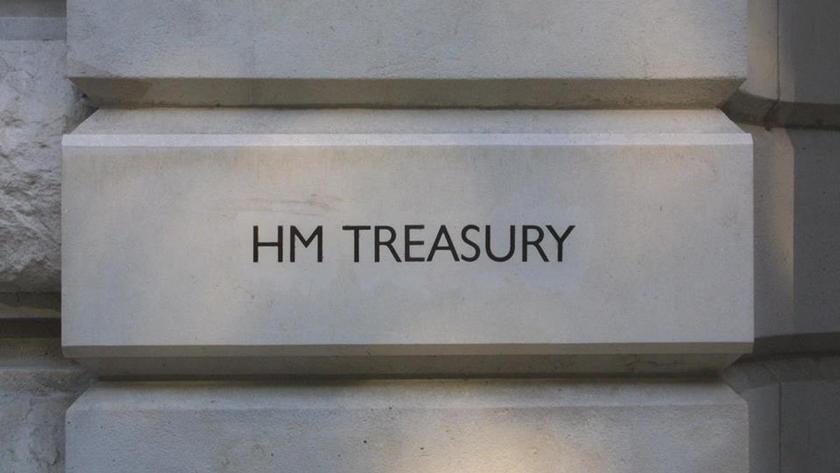£1.6bn in R&D funding ‘surrendered’ back to UK Treasury

A £1.6 billion ($1.9 billion) pot of cash that had been ringfenced for R&D spending in the UK has been returned to the Treasury, to the dismay of leading science organisations who claim it undermines the government’s pledge to build a high-tech economy.
The money – originally destined to be the UK’s contribution to the €96 billion ($102 billion) Horizon Europe research funding programme run by the EU– was promised by the government as a foundation for a domestic scheme if the ongoing impasse over the UK’s associate membership remains unresolved.
According to the Campaign for Science and Engineering (CaSE) lobby group, news that the Department of Business, Energy, and Industrial Strategy (BEIS) has “surrendered” the £1.6 billion to HM Treasury came in the Central Government Supply Estimates 2022-23.
CaSE executive director Professor Sarah Main said the withdrawal “undermines the Prime Minister’s assertions about the importance of science and innovation to the UK’s future and the creation, only this month, of a new department to pursue this agenda.”
Associate membership of Horizon Europe was included in the Brexit ‘divorce’ deal with the EU, but has never been finalised, blocked by ongoing disagreements between the UK and EU over the trade border in Northern Ireland.
Last year, the EU withheld Horizon funding for UK projects until the row is resolved, and in the meantime UK applicants who are eligible for that funding are having the value covered by the UK government while it pushes for associate membership.
In December, when it announced an extension to the interim support, the government said that its priority is to continue to provide support, with further plans due to be unveiled “shortly” if association is no longer possible.
Commenting on CaSE’s announcement, Sir Adrian Smith, President of the Royal Society, said: “The failure of all sides to secure the UK’s association to the EU’s research programmes has now cost UK science £1.6 billion.”
“That comes on top of the talented researchers who have left the UK in order to carry on their collaborative work,” he added. “How does this sit with the government’s stated mission to have the UK as a science superpower? The Treasury must now ensure that this money is reinvested in research in the coming years.”
That sentiment was echoed by Professor Dame Anne Johnson, president of the Academy of Medical Sciences, who said the development makes the government’s pledge to put science at the heart of its decision-making feel “very hollow” and will have “significant ramifications for the sector, including industry and the NHS.”
“Diminishing this funding and inaction over Horizon Europe risks long-lasting damage to UK science, skills, collaboration, productivity, health, and ambitions for economic growth,” she said.













